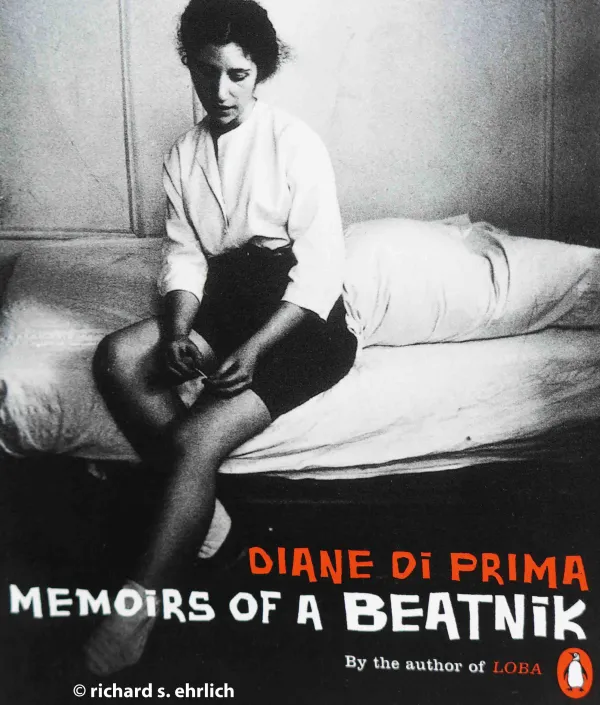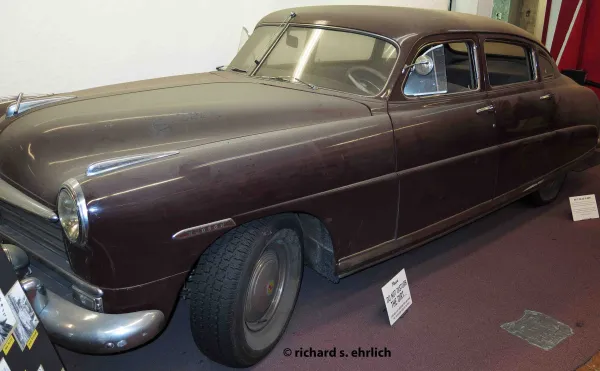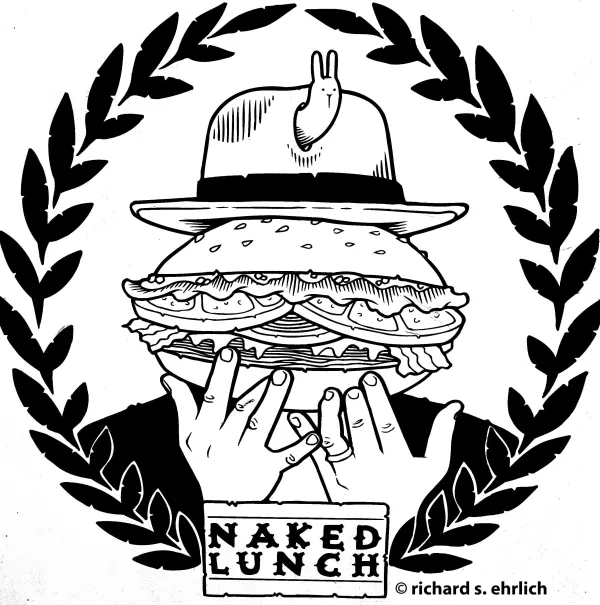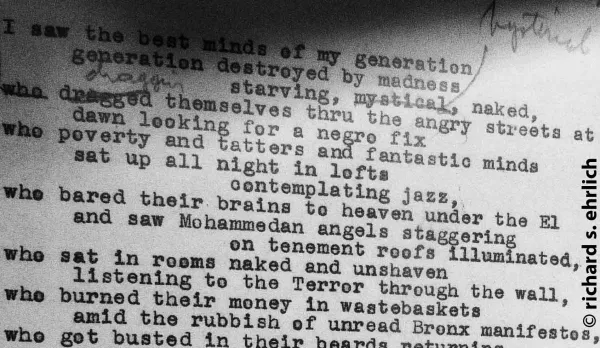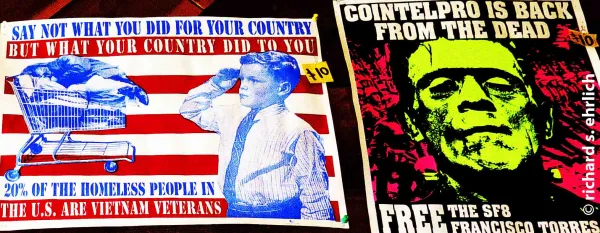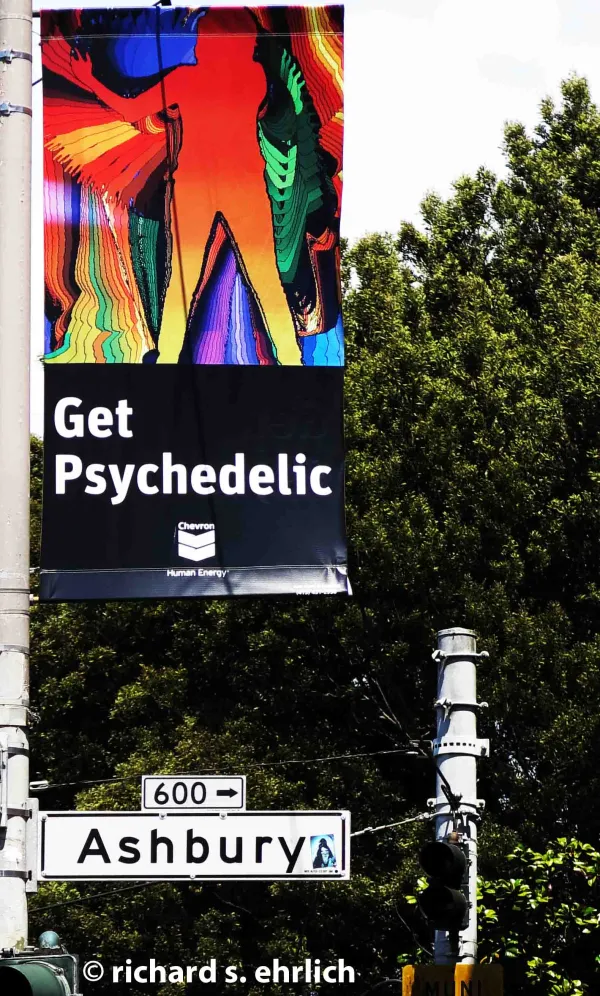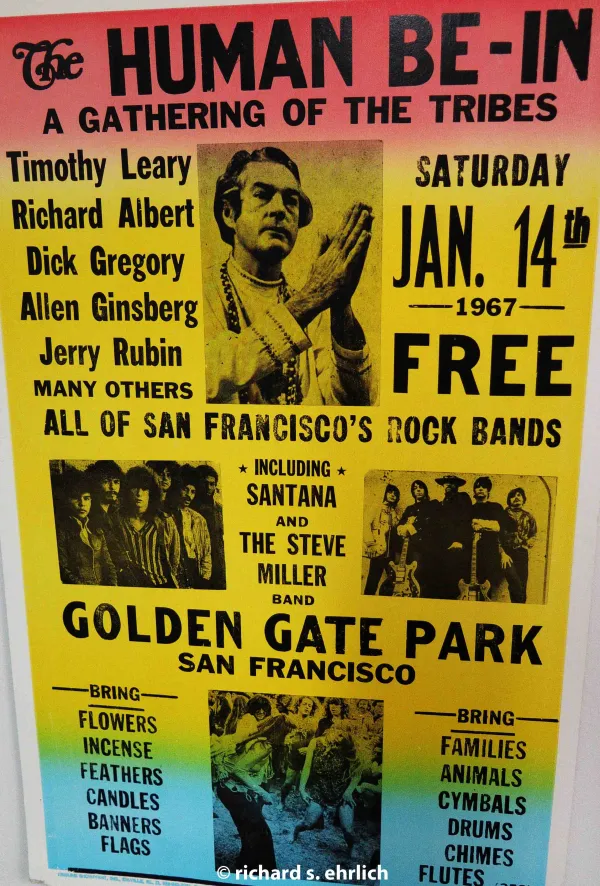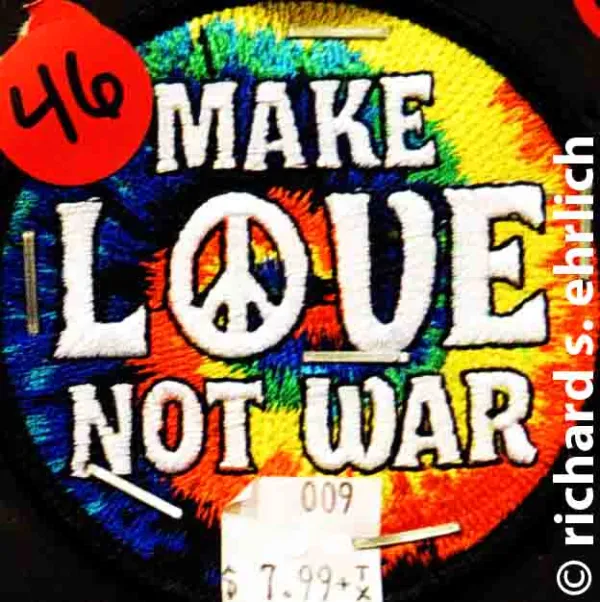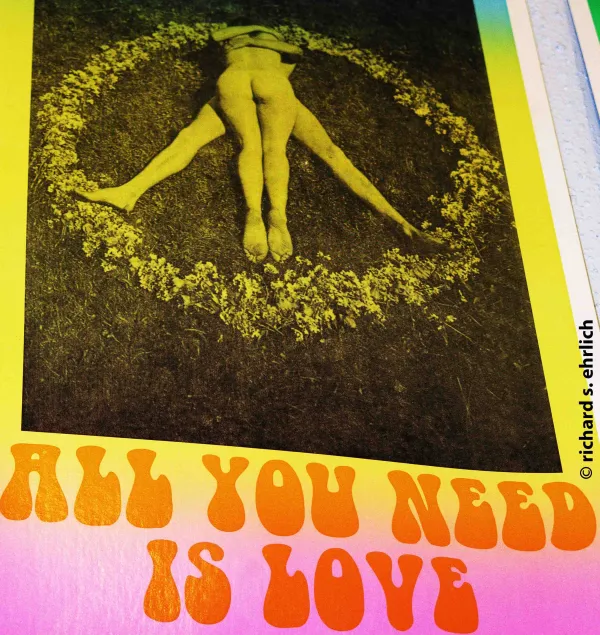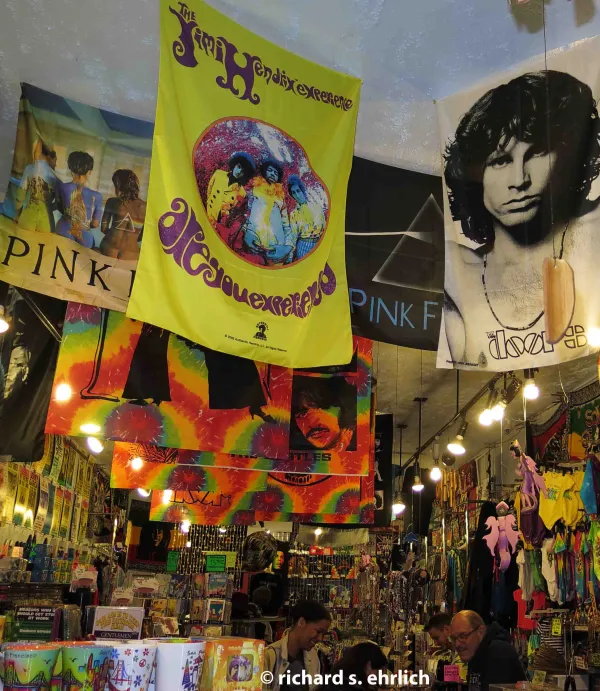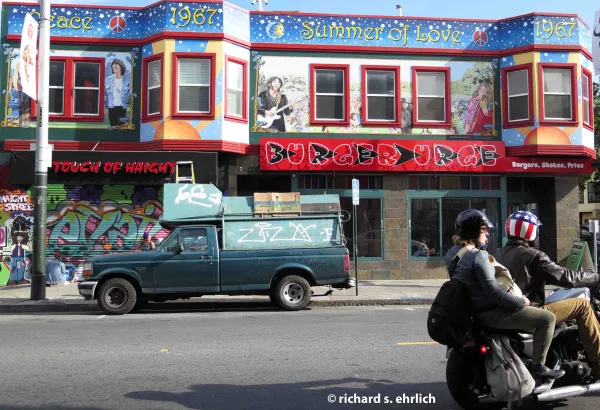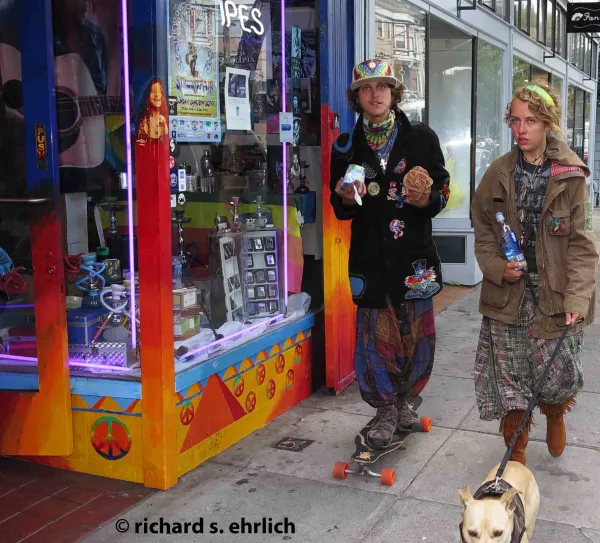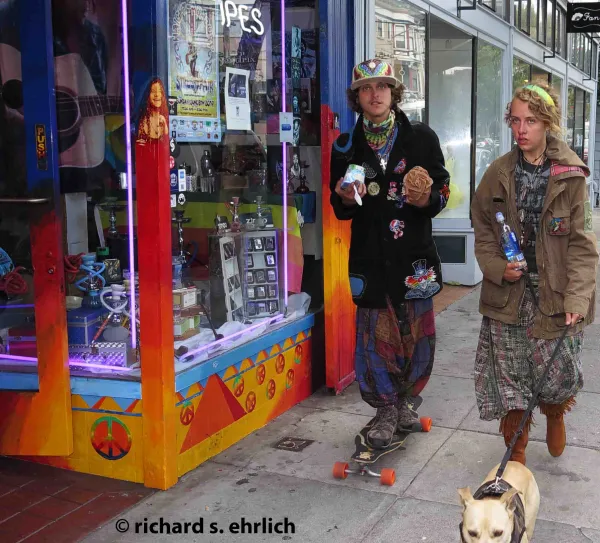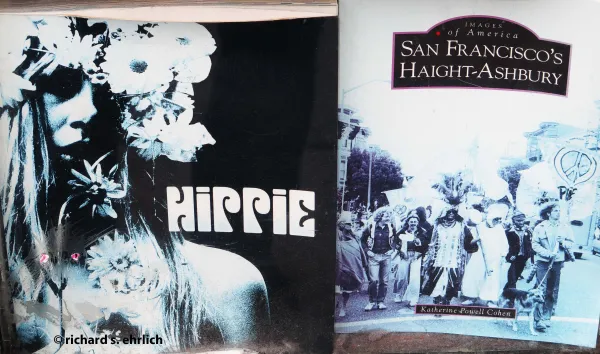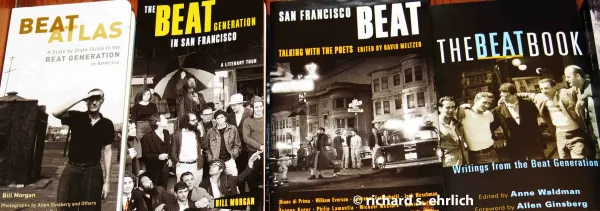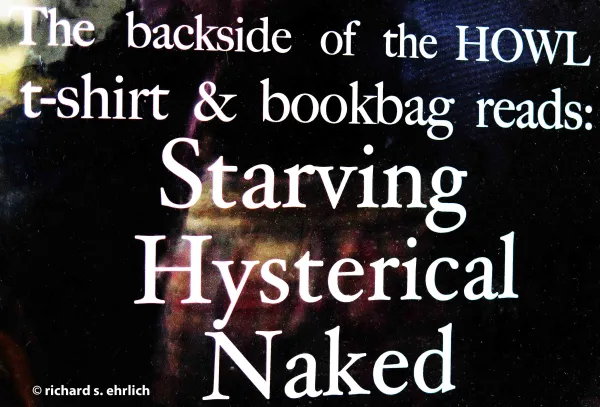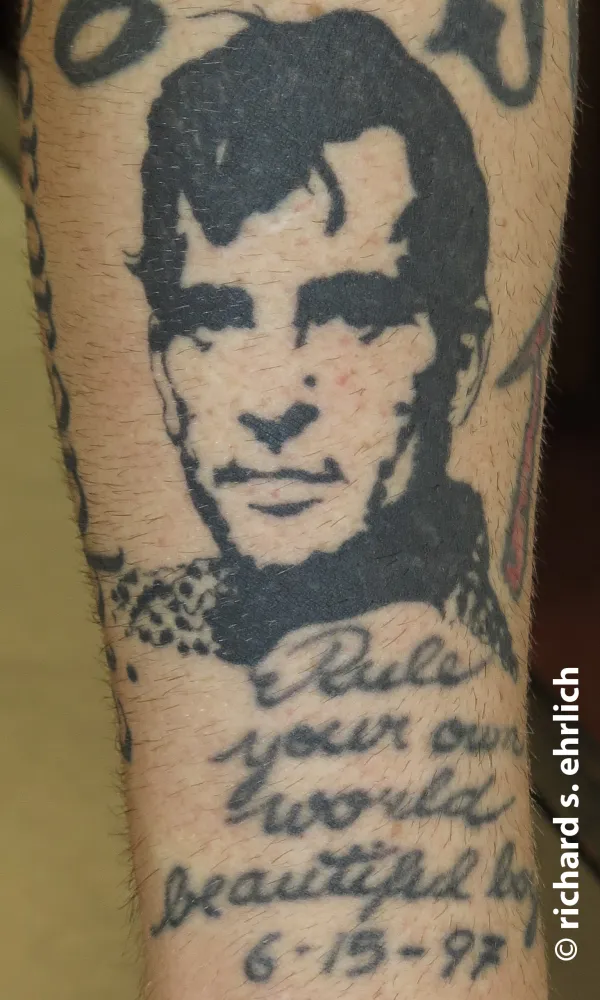All the original "starving hysterical naked" beatniks, cool cats, flower children, hippies and freaks are now advancing into their senior years or dead.
But their innocence and experience -- and complex experiments with words and ideals, and celebration of life -- is still available here across hilly and chilly San Francisco.
Guide books and maps will help, but you don't really need those to discover the remains of "the scene" if you keep your eyes open while wandering the city.
In the sanitized, unaware 1950s when it all began, America lacked what later became known as a mass "youth culture," which quickly branched into a deeper "counterculture."
In January 1967, the social changes engulfed San Francisco's Golden Gate Park at "The Human Be-In, A Gathering of the Tribes."
There, an invisible baton passed from revered beatnik poet Allen Ginsberg to the hippies' ex-Harvard psychedelic psychologist Dr. Timothy Leary.
Today, on nearby Haight Street, you can buy a copy of the luminescent poster of that beatific event which soon spawned a "Summer of Love."
The marketing of beatnik and hippie culture keeps it all alive, thanks to countless shops, factories, books, surviving artists and their estates, plus customers of all ages who are fascinated by what happened.
"The writing of the beatnik era, and the music of the hippie era, are doing just fine," said Barry "The Fish" Melton, 67, a guitarist from that era's subversive San Francisco band, Country Joe and The Fish.
"And I should include the surviving poster artists of the hippie era, who still market their wares," said Melton who continues to perform as a guitarist and is also an attorney.
"I came to San Francisco to be a beatnik, and ended up being among the first hippies!" Melton said in an interview.
"It's a shame when the only message that comes across is sex, drugs and rock and roll. Both the beatnik and hippie movements were far more than that, as they were part and parcel of other counterculture movements, such as the Diggers of mid-17th century England, the Lost Generation in Paris of the 1920's and many others," he said.
You can examine those roots in the beats' favorite North Beach neighborhood.
City Lights Books on Columbus Avenue, founded in 1953, published many of the beats' manuscripts, and offers a cavernous collection of old and current tomes spanning a widening array of literature, science, politics, and art, in addition to the beats.
The shop's front window showcases T-shirts and book bags for sale emblazoned with poet Ginsberg's most famous three words -- "starving hysterical naked" -- which appear in the beginning of his breakthrough poem "Howl" which City Lights published in 1956.
Nearby on Broadway, in the Beat Museum, a giant enlargement of Ginsberg's typewritten first page of "Howl" shows his first choice of adjectives was "starving, mystical, naked," -- and how he penciled an edit removing the commas and changed "mystical" into "hysterical".
The Beat Museum's exhibits also include a duplicate of the bulbous brown Hudson automobile driven by beatnik author Jack Kerouac.
The museum's dust-covered Hudson is symbolic because it is actually from the recent film "On The Road" based on Kerouac's novel, and not his original car.
The museum sells records, posters and books including "Memoirs of a Beatnik" by revolutionary poet Diane di Prima who recently celebrated her 80th birthday.
"Tour North Beach in the footsteps of the Beat Generation!" the museum says in a walking tour sales pitch.
"See the landmarks where the Beats lived, drank, wrote, and loved," it offers.
Further down Broadway, a restaurant calls itself "Naked Lunch," using the title of the famously outrageous beat novel by William Burroughs.
Such literary references, however, can be confusing.
When an out-of-town family recently looked at the sign, their daughter was overheard innocently asking her parents, "What's a naked lunch?"
The father gruffly mentioned something about "topless women serving food," and the family hurried away.
"It's very cool history, but it's now just part of the tourist fabric," said Jack Boulware, 53, author of a travel guide titled, "San Francisco Bizarro."
"If you were in Chicago, you might go on the Weird Chicago murder tour, and visit the theater where John Dillinger was shot. Or if you were in London, you'd take the Jack the Ripper walking tour. Here, it's the beats and hippies," Boulware said in an interview.
Asked about sites to visit, he suggested some forgotten places.
"There should be a bronze plaque on the Longshoreman's building near Fisherman's Wharf, the site of the first Acid Test's public LSD experiments with Ken Kesey and the Grateful Dead," he said.
"Also, I always have wished that the apartment of [late beat poet] Kenneth Rexroth was recognized in some way. It's in the Lower Haight, upstairs from a very obscure esoteric vinyl record shop named Jack's Record Cellar. The owners have kept it intact with his original furniture and even his library.
"This apartment was the site of many 1940s San Francisco renaissance-era literary events and discussions, which led to the crystallization of what would be the beat poetry scene," said Boulware, who is also co-founder and executive director of the Litquake Foundation, which stages annual literary festivals.
"The beat philosophy was first incubated in poetry. It only later became the movie cliché of the beret-wearing jazzbo, or the Life magazine photo of barefoot kids playing bongos on street corners," he said.
Anyone who purchases beatniks' books or hippie memorabilia might -- if they are willing -- undergo "permanent rebellion against the status quo," said Val Vale, whose RE/Search Publications produces documentary literature plus descriptions of must-see current events around town.
People should "read the books and poetry, and then start writing too," Vale said in an interview after walking through North Beach where he lives.
Next stop on any tour of San Francisco is Haight Street where the 1960s are sold in shops such as Land of the Sun.
Incense, posters, tie-dyed clothes and other now-quaint souvenirs pack the store, evoking the hippies' ghosts and crazed creations.
Banners dangle from the ceiling, illustrated with popular album covers such as Jimi Hendrix's "are you experienced?" and Pink Floyd's rainbow prism.
Elsewhere on Haight Street, a fast-food Burger Urge restaurant is decorated with an external mural headlined, "Summer of Love, 1967," amid stars and planets, peace signs, a Grateful Dead guitarist, Janis Joplin singing, and other icons.
Bound Together Bookstore, further along the street, offers a confrontational, didactic edge with its "anarchist collective" of radical literature, free movies, readings and other events.
Its $10 posters include fresh warnings about America's treatment of Vietnam War veterans, and COINTELPRO, the acronym for the FBI's counterintelligence program which targeted hippies and others in the 1960s.
***
Explore the beats and hippies, and their influence, at
City Lights Books
261 Columbus Avenue
http://www.citylights.com
The Beat Museum
540 Broadway
http://www.kerouac.com
Land of the Sun
1715 Haight Street
http://landofthesun.com
Bound Together Bookstore
1369 Haight Street
http://boundtogetherbooks.wordpress.com
Jack Boulware & the Litquake Festival
http://www.litquake.org
V. Vale's publications and listed events
http://www.researchpubs.com



